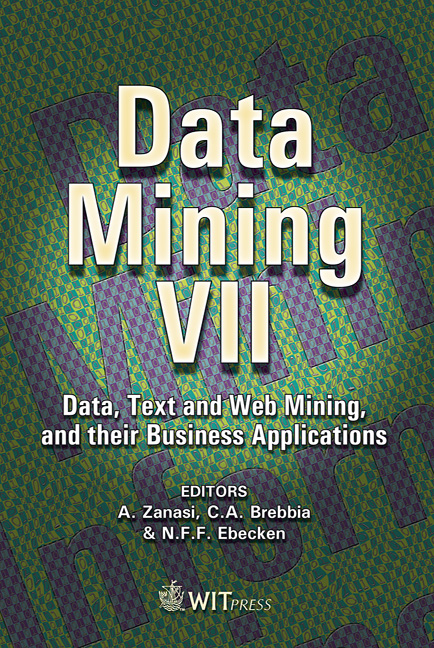Local Nulls In Summarised Mobile And Distributed Databases
Price
Free (open access)
Volume
37
Pages
10
Published
2006
Size
331 kb
Paper DOI
10.2495/DATA060411
Copyright
WIT Press
Author(s)
D. Chan & J. F. Roddick
Abstract
The concept and semantics of null values in relational databases has been discussed widely since the introduction of the relational data model in the late 1960s. With the introduction of highly mobile, distributed databases, in order to preserve the accepted soundness and completeness criteria, the semantics of the null value needs to expand to reflect a localised lack of information that may not be apparent for the global database. This paper discusses an extension to the notion of nulls to include the semantics of ‘local’ nulls. The paper introduces local nulls in terms of amendments to the relational algebra and examines its impact on query languages. 1 Previous research and motivation Much of the research on the semantics of null values in relational databases dates back to the 1970s and 1980s [1–7]. The two definitions of nulls as given by Codd are missing and applicable, and missing and inapplicable [1] and Zaniolo [4] later proposed a third definition as, essentially, a lack of knowledge about the attribute’s applicability, or no information. To handle null values, various logical approaches have been developed. For example, the commonly-used three value logic includes true, false (often by virtue of a value’s absence - q.v. the closed-world assumption [8]), and a maybe value which indicates that the results may be true [9, 10]. A four value logic has also been proposed which includes an additional truth value, which represents the outcome of evaluating expressions which have inapplicable values [11, 12]. Approaches to accommodating null values in practical systems include the work of Motro [13] who uses the ideas of conceptual closeness fill the vacancies represented by a null value and Roth et al. who aim to include nulls in NF 2 databases [5]. Null values have also been studied in relation to schema evolution and integration [14, 15].
Keywords





